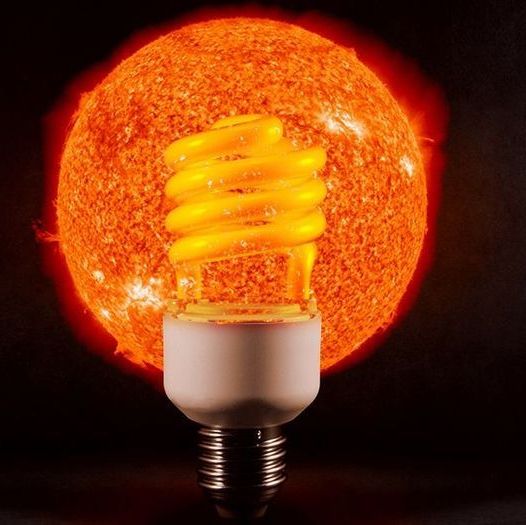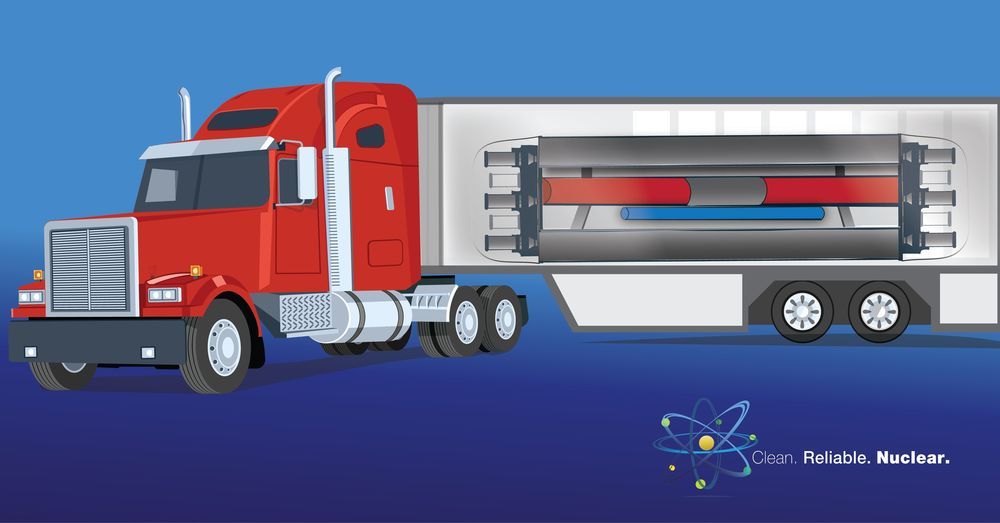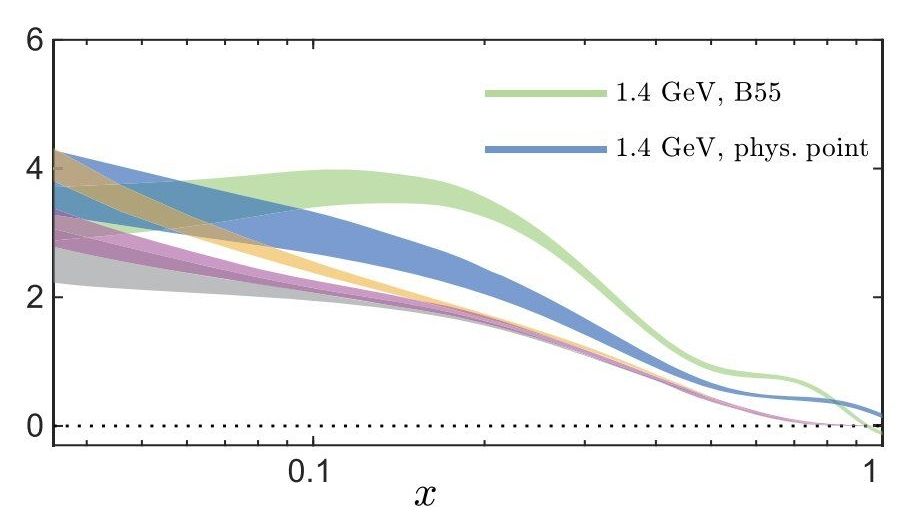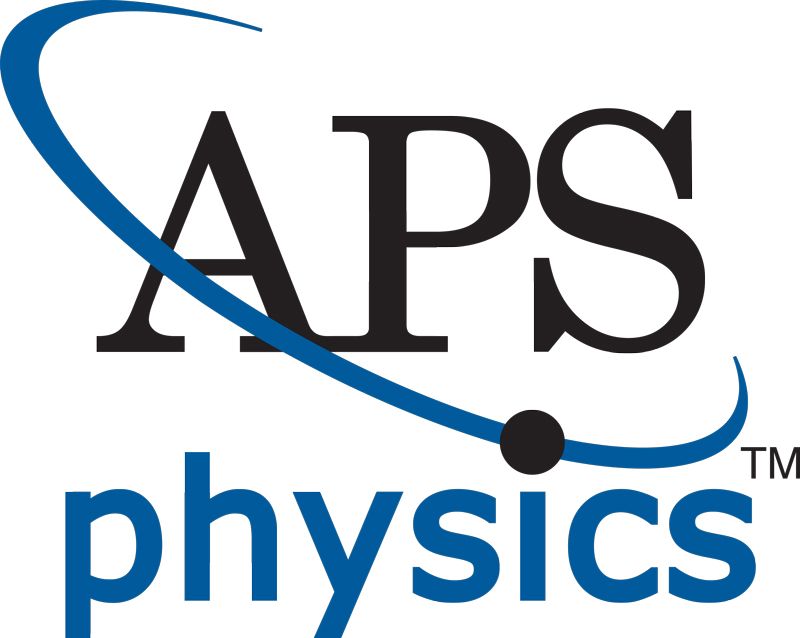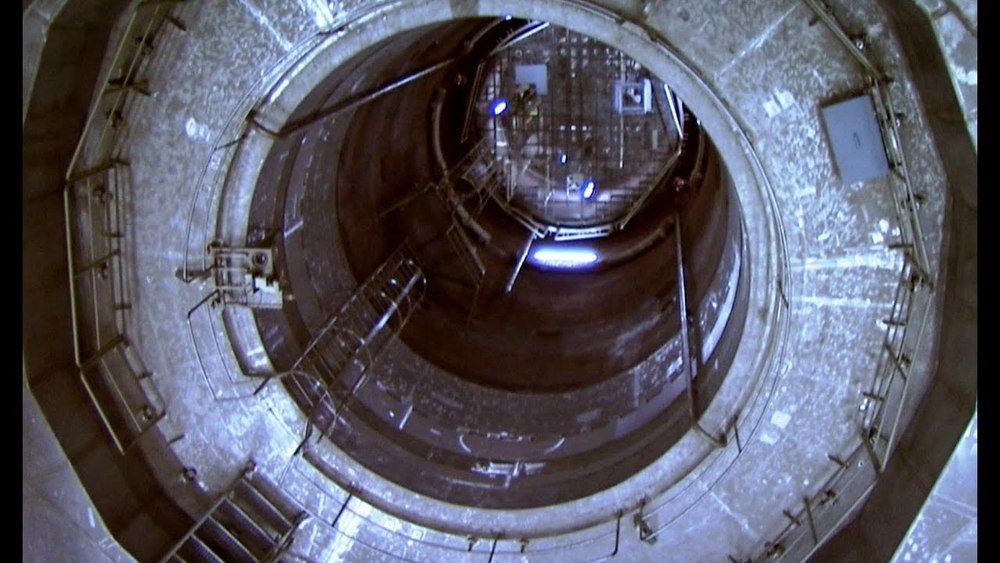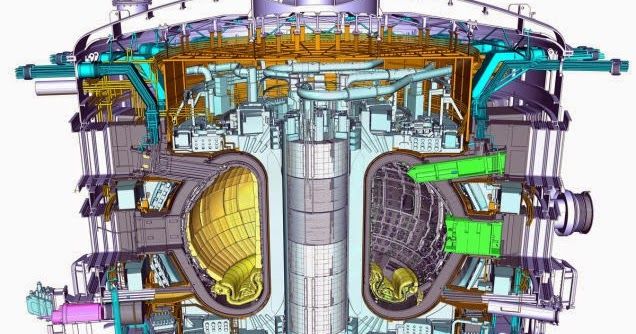Archive for the ‘nuclear energy’ category: Page 111
Apr 11, 2019
Nuclear fusion breakthrough breathes life into the overlooked Z-pinch approach
Posted by Genevieve Klien in categories: innovation, nuclear energy
Nuclear fusion holds untold potential as a source of power, but to recreate the colliding atomic nuclei taking place inside the Sun and generate inexhaustible amounts of clean energy scientists will need to achieve remarkable things. Tokamak reactors and fusion stellarators are a couple of the experimental devices used in pursuit of these lofty goals, but scientists at the University of Washington (UW) are taking a far less-frequented route known as a Z-pinch, with the early signs pointing to a cheaper and more efficient path forward.
Apr 5, 2019
Getting a big look at tiny particles
Posted by Genevieve Klien in categories: biotech/medical, nuclear energy, quantum physics, supercomputing
At the turn of the 20th century, scientists discovered that atoms were composed of smaller particles. They found that inside each atom, negatively charged electrons orbit a nucleus made of positively charged protons and neutral particles called neutrons. This discovery led to research into atomic nuclei and subatomic particles.
An understanding of these particles’ structures provides crucial insights about the forces that hold matter together and enables researchers to apply this knowledge to other scientific problems. Although electrons have been relatively straightforward to study, protons and neutrons have proved more challenging. Protons are used in medical treatments, scattering experiments, and fusion energy, but nuclear scientists have struggled to precisely measure their underlying structure—until now.
In a recent paper, a team led by Constantia Alexandrou at the University of Cyprus modeled the location of one of the subatomic particles inside a proton, using only the basic theory of the strong interactions that hold matter together rather than assuming these particles would act as they had in experiments. The researchers employed the 27-petaflop Cray XK7 Titan supercomputer at the Oak Ridge Leadership Computing Facility (OLCF) and a method called lattice quantum chromodynamics (QCD). The combination allowed them to map subatomic particles on a grid and calculate interactions with high accuracy and precision.
Apr 4, 2019
Synopsis: Igniting Fusion in the Lab
Posted by Klaus Baldauf in categories: futurism, nuclear energy
Researchers spot the signatures of nuclear fusion in a table-top-sized setup commonly used to study the plasmas found in stars and other astrophysical objects.
Future nuclear fusion reactors promise the possibility of supplying Earth with an unlimited source of clean energy. Attempts to create these reactors typically involve building-sized contraptions to generate the hot plasma needed to initiate fusion reactions. Now Yue Zhang at the University of Washington in Seattle and colleagues have successfully ignited sustained fusion using a setup that is small enough to sit on a table.
Apr 2, 2019
Nobel Prize Winner: Lasers Could Permanently Destroy Nuclear Waste
Posted by Genevieve Klien in category: nuclear energy
Nuclear power can provide inexpensive electricity with little in the way of emissions, but there’s a catch: it produces horrifying radioactive waste that can remain deadly for thousands of years.
Enter Gerard Mourou, the Nobel Prize-winning subject of a fascinating new Bloomberg profile. He says that high-intensity lasers could one day render nuclear waste harmless in just a few minutes — a concept which, if realized, could make nuclear power a vastly more appealing energy option.
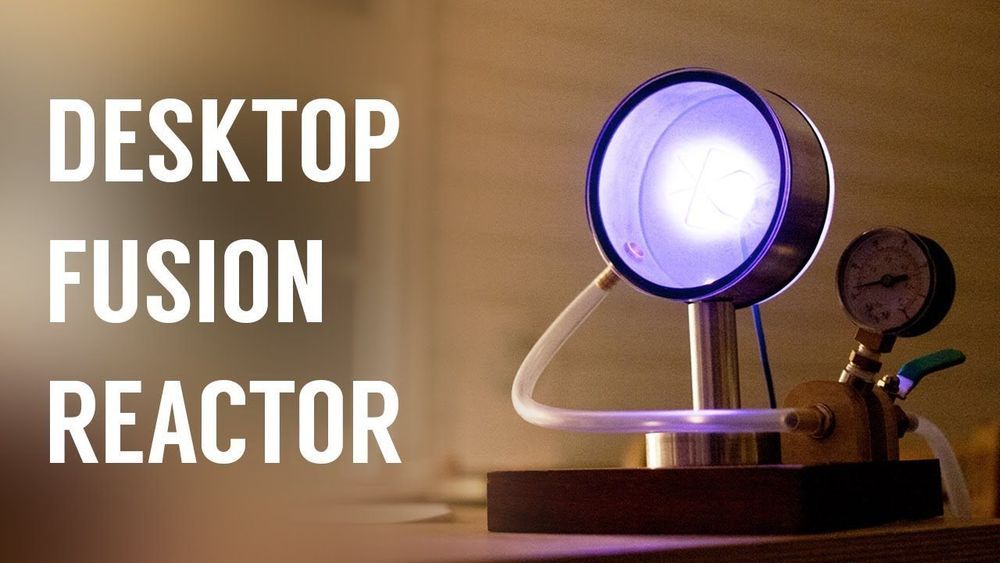
So this was a fun project to try, fusion is the gold standard of energy and I wanted to try making a reactor of my very own.
The design is loosely based on a Farnsworth Fusor — powered off a 10KV transformer, stepped up to 70KV with a voltage multiplier.
Mar 21, 2019
China Is Building up to 20 Floating Nuclear Power Plants
Posted by Quinn Sena in category: nuclear energy
Mar 13, 2019
Scientists turn nuclear waste into diamond batteries
Posted by Shailesh Prasad in categories: futurism, nuclear energy
Mar 12, 2019
Lockheed Martin’s Compact Fusion Reactor Might Change Humanity Forever
Posted by Quinn Sena in categories: nuclear energy, space travel
This is an invention that might possibly modify the civilization as we know it: A compact fusion reactor presented by Skunk Works, the stealth experimental technology section of Lockheed Martin. It’s about the size of a jet engine and it can power airplanes, most likely spaceships, and cities. Skunk Works state that it will be operational in 10 years.
